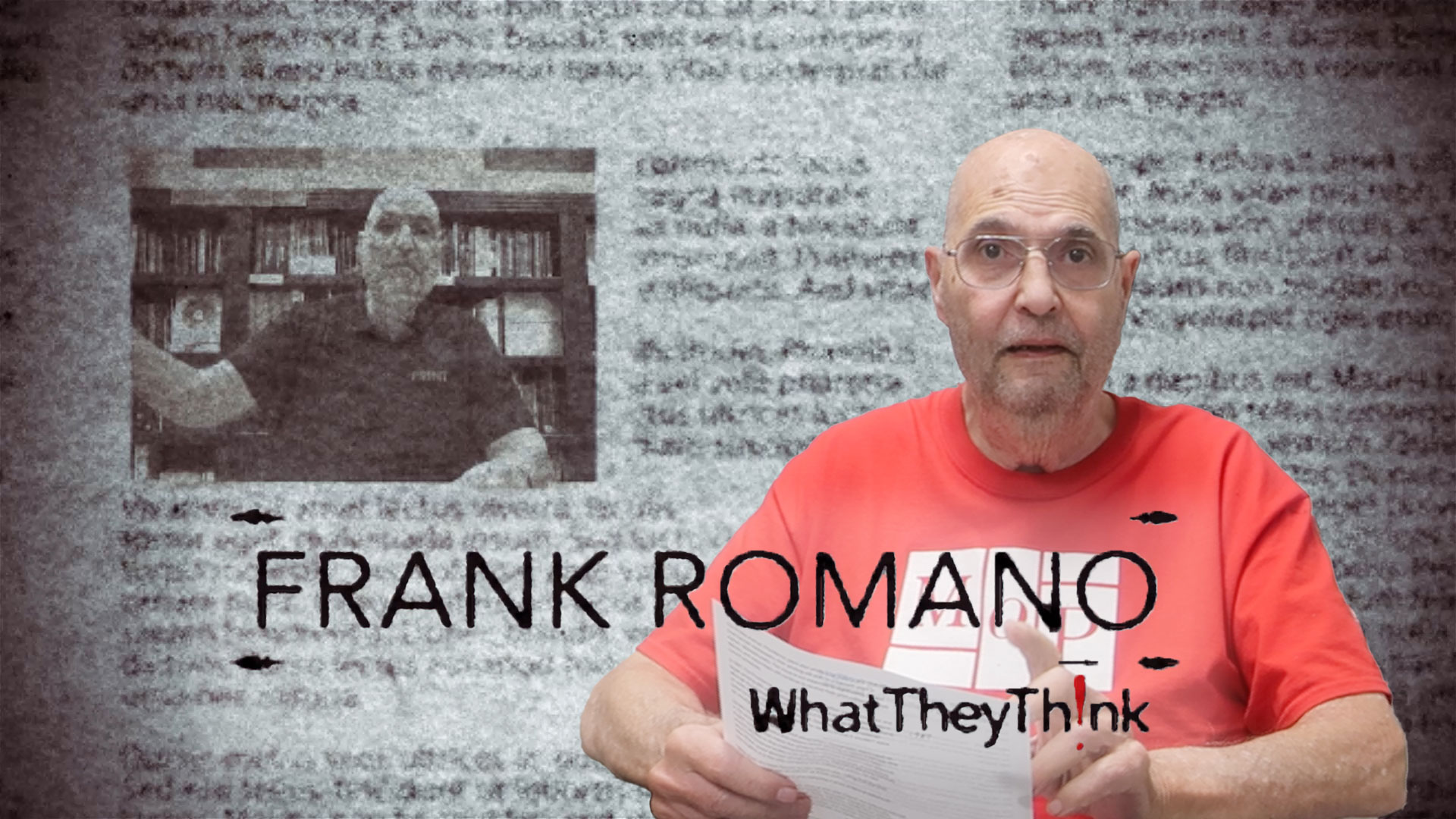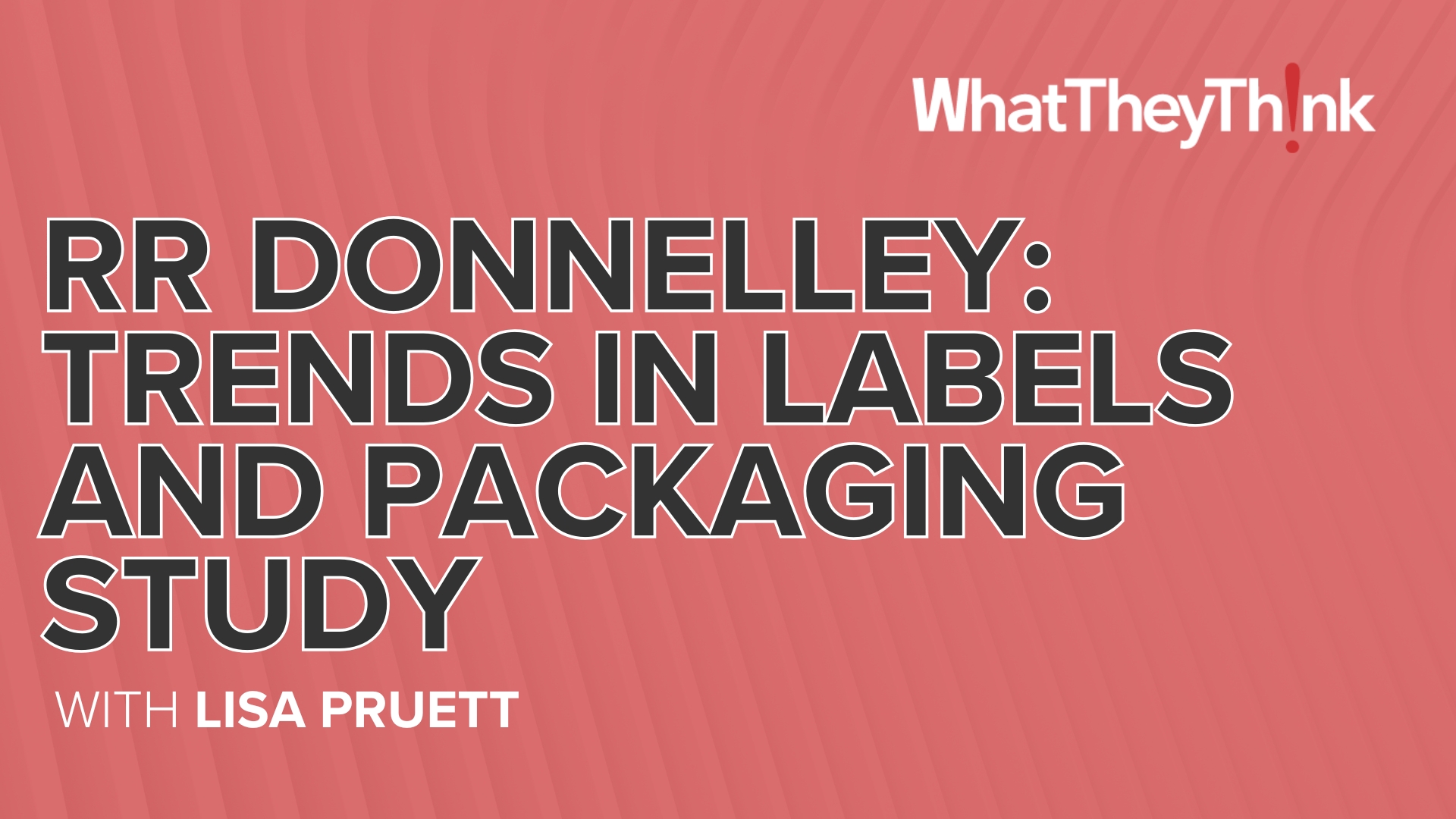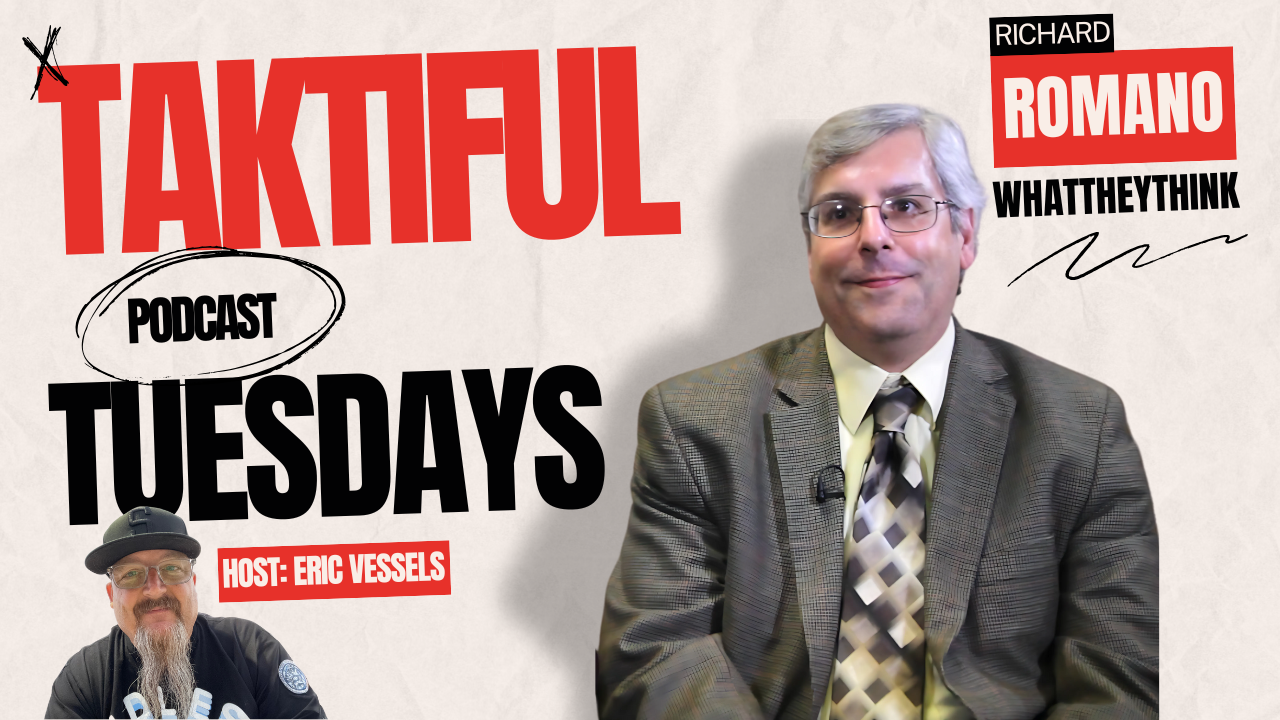“We Want to Open People’s Minds to the Possible” – Gary Tee on Building the Compostable Coalition
Press release from the issuing company
As the circular economy continues to be a hot topic at Packaging Innovations, Gary Tee, Head of Sales at TIPA and opening speaker on the Innovation & Design Stage talked to us about compostable packaging’s role in the future.
Most in the packaging industry agree that circularity is the way forward. Many are employing innovative materials and design techniques to create packaging that is either reusable or recyclable, but there is a third route to take that is growing in popularity – compostable packaging. As a member of the Compostable Coalition group, TIPA has placed itself at the forefront of these conversations – and its Head of Sales, Gary Tee, demonstrated why as his presentation titled ‘Revolutionising sustainability: How can compostable packaging support transforming the UK's Circular Economy?’ proved to be an inspired opening for the Innovation & Design Stage.
Following the conclusion of his talk, we catch up with Gary at the TIPA booth, and that inspirational quality shines through immediately when the conversation starts. “What we want to do is open people’s minds to the possible,” he says.
“There’s a lot of doubt around compostables as a mainstream solution, often focused on composting timescales and feasibility. We’re trying to address this through the work the Coalition is doing by unpicking those doubts and delivering quality information to help people make decisions based on the facts.
“I work in sales – and those storytelling skills are useful, but it’s the peer-reviewed data generated by the Coalition that’s super valuable for the industry. At the end of the day, facts and data are really what will change the future.”
Gary is keen to stress the collaborative work of the Compostable Coalition. It consists of ten stakeholders that can be split into three broad groups. The compostable packaging segment is represented by TIPA, Futamura, Vegware, and Biome Bioplastics. The waste industry is also represented through enVar, Recorra, REA, and Recoup. And, finally, the Coalition is supported by the academia sector in the form of the University of Sheffield and the research charity Hubbub.
“No one company is going to change things on its own,” Gary admits. “For us, collaboration has always been at the heart of our business. We even manufacture our products through collaboration.
“The Coalition has enabled us to bring ten companies together to work across multiple sectors, from foodservice to small formats to flexible packaging. TIPA doesn’t specialise in all of that, so on our own, we could only address a portion of it – but together, we get the full range of knowledge from across the industry.
“We’re no silver bullet – we’re an important part of a bigger picture.”
Gary points out that the Refill Coalition, a similar group focused on reusable packaging, is also speaking at the event, highlighting the importance of cross-industry networking at events like Packaging Innovations when building partnerships. And he’s keen to see more cross-pollination between all stakeholders within the industry – including recyclers.
“I think the recycling industry sees us as more of a problem than we are. With the right recycling infrastructure, there’s no reason why recycling, refillable, and compostable packaging can’t all coexist,” he adds. “The downside of not hitting recycling rates is an increase in incineration and landfill, which is not desirable for anyone. At the end of the day, is it better that you’re composting your waste, or incinerating or landfilling it?
“As recycling hits whatever level it can achieve, composting could add another 10-15% on top of that. We’re not here to criticise recycling; we see ourselves as complementing it in the bigger picture.”
It’s evident that Gary has a deep understanding of – and passion for – the subjects that he speaks about. That connection will prove vital as he continues to communicate with brands and retailers about the benefits of compostable solutions.
“I came into the industry and learned as much as I could about packaging. Then as we moved into compostable solutions, I had to become a waste management expert as well,” he says.
“The conversation has moved on. The technical aspect of what you sell is important, but knowing how that fits in and the benefits it brings further down in the process is vital.
“If we want to have meaningful conversations with brands and retailers, then packaging is a given – but what does that packaging bring to the table and how does it help them achieve their goals?”
Gary finishes by reflecting on the value events like Packaging Innovations have when facilitating those meaningful conversations. “We chose this event [to speak at] because of that. At the end of the day, we want an audience – and I was really pleased with the turnout to start off the day on the right foot.
“If you’re not in the market, talking and sharing information, then people don’t know. This event enables us to do that, and it’s always well-attended with the right kind of people.”
While the future of packaging is never quite certain, it is hard to rule out compostable packaging as a solution to packaging’s sustainability dilemmas – particularly the issues surrounding flexible packaging and thin films. As we continue to shape that future, brands and retailers can use initiatives like the Compostable Coalition as valuable resources to help them make the right choices for their packaging.
- Questions to ask about inkjet for corrugated packaging
- Can Chinese OEMs challenge Western manufacturers?
- The #1 Question When Selling Inkjet
- Integrator perspective on Konica Minolta printheads
- Surfing the Waves of Inkjet
- Kyocera Nixka talks inkjet integration trends
- B2B Customer Tours
- Keeping Inkjet Tickled Pink
© 2024 WhatTheyThink. All Rights Reserved.















- Discussion is closed -